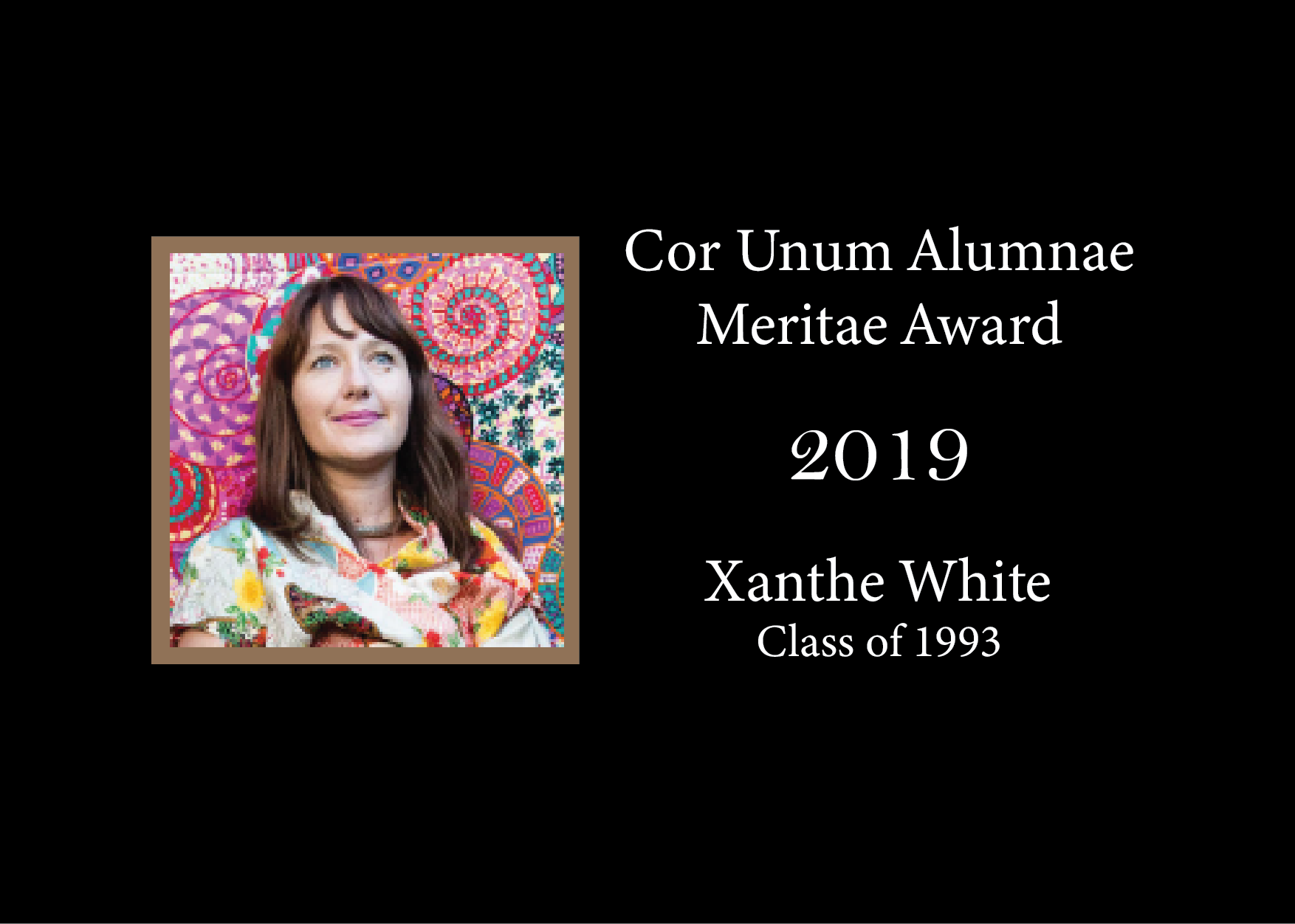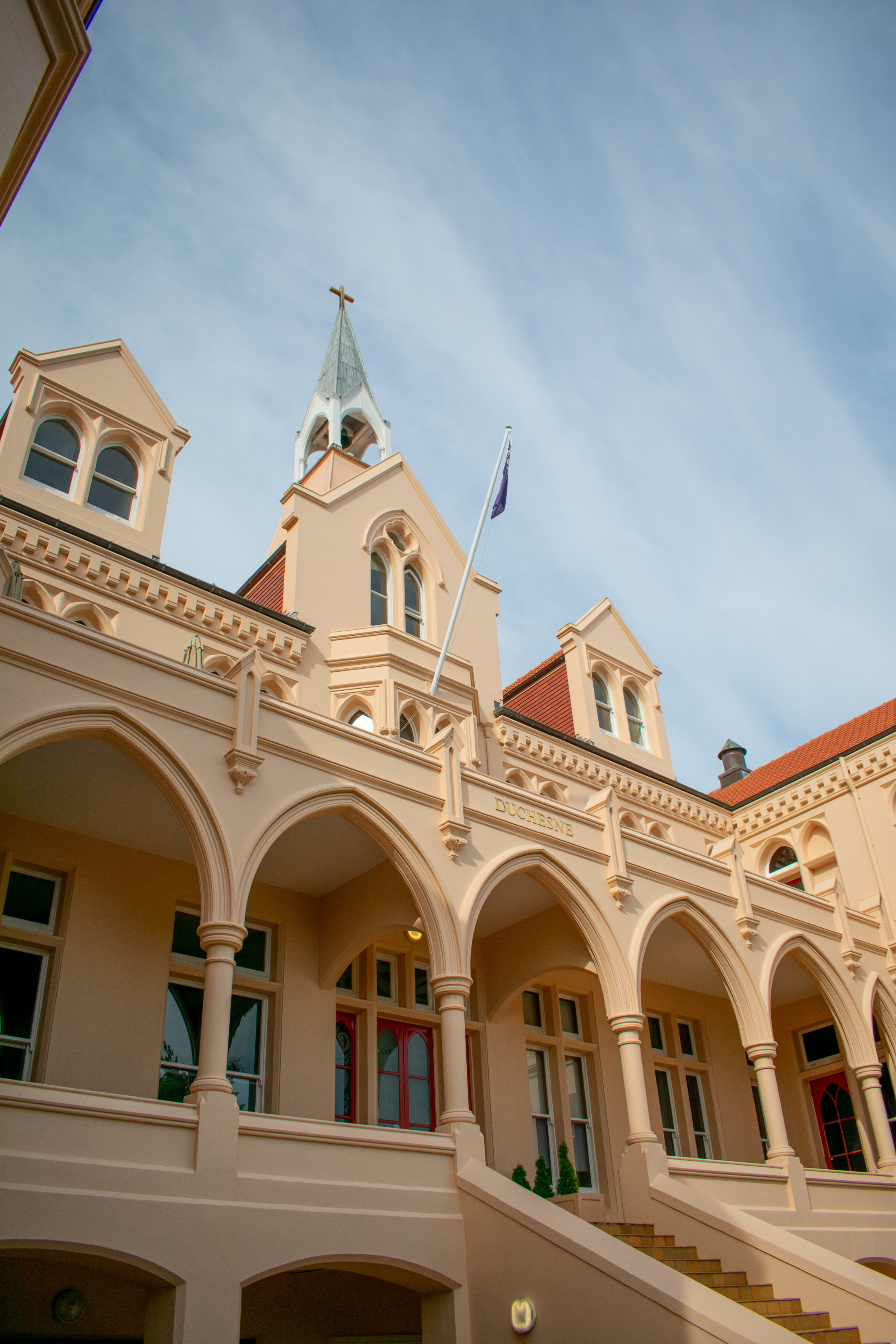Xanthe White

The words quietness of mind, firmness of purpose, and awareness of sustainability of our earth encapsulate Xanthe White, Class of 1993. Xanthe has twenty-six years of experience in Landscape design, working in New Zealand, Europe, and Asia. Her practice ranges from residential to large-scale community projects. She believes design is the art of making connections between people and place and extends her work to writing and communicating the art of gardening. The joy in her work comes from the people, places, and the pleasure of working in a creative studio environment where her work is challenged and expanded by the diversity of skills and perspectives surrounding her.
Xanthe has described her upbringing by her talented parents as filled with intelligent conversation about art, a love of nature, and international travel. She has said in an interview: “I think my childhood was the seed (to my career). I think I saw the world differently from my school friends. And then my parents had a close friend, Margaret Phillips, who introduced me to garden design – a real plantswoman.” Xanthe has said, “In landscape design, you have this wonderful collision point between culture and nature that is quite unique. I love this collision - the tensions and the dialogue between how we value the two and finding ways for people to live comfortably with both.” Since that eureka moment, Xanthe’s focus has never wavered.
Xanthe first named her Auckland-based practice Earthroom Landscapes, a design and maintenance business with two or three staff, and then around 2005-2006, she formed her present company Xanthe White Design. Even bringing up two small children did not deter her, and she has written, “In the early years, I worked from home or took Sophie and her brother with me to the studio and nursery and to meet clients.” Xanthe has been a role model for many.
Xanthe has become prominent in many significant garden shows, where she is now a household name, with awards too numerous to list here in their entirety. These include two appearances at Chelsea, the second of which was in 2011 when she won Silver for the Garden of Great Maples, achieved with no hard landscaping. With her reputation going before her, Xanthe has since been invited to shows in South East Asia, and accolades have followed – including the Best Design Award at Nagasaki (2012) for her Garden of World Peace and Silver for her garden Perspectives in the Fantasy Garden category in the Singapore Garden Festival 2014. Turning to screen media, Xanthe presented the TV3 show Groundforce from 1998 to 2001, appeared in the TV3 breakfast show Sunrise in 2009/2010, and hosted TV3’s Ultimate Garden in 2003. Turning to print media and education, Xanthe has had a fortnightly column in the NZ Listener, has been a regular columnist in the NZ Gardener, and a columnist in Taste Magazine. Xanthe has written two books, Organic Vegetable Gardening (2009), where she seeks to demystify organics; and The Natural Garden (2012), where she explores her signature style of dynamic plant-based garden design; and a third book is underway about the value of soil.
She has written: “Gardens should affect our wellness, our memories, and our relationship with place.” Xanthe also argues for the portability of our skills, believing that we are good enough to share our work and worldview in and with other nations.
What is your current role?
I’m the principal designer at my own studio of nine landscape designers and architects in St Kevin’s Arcade in Auckland. Having my own studio is such a dream. It’s a wonderful place, with wonderful people I’m lucky to work alongside and have constantly challenging me in all sorts of ways. I had a company which built as well as designed, and when it had over 20 people, I realised I had become a manager, not a designer as I had set out to be. So I sold it, worked overseas on a contract at the Chelsea Flower Show, met my future husband and the Queen, and then came home and rebuilt the studio the way I wanted it to be. This happened alongside writing books and having two children, so was a process which took time and much juggling, but has given me a life that is very rich and precious.
Can you give a little bit of insight into your personal life?
My life very much moves between the studio and my family. My work day fits between school hours and in the bits in between. I’m lucky that these are the things I love most, and I’m quite happy to have most of my time filled with them. With my work I’ve had to travel a lot, and these are the moments when I get some solitude and reconnect with myself, because the rest of the time I am normally occupied as a mother and a designer with understanding the needs of others and finding creative ways of fulfilling them. The little gaps left are filled with friends and time spent in the forest or sea. My husband is my rock and my true love. We challenge and encourage each other in our careers, and also as parents and people. We are really dual in our roles as parents and providers, which has given us both freedom to be successful in our work and involved with the kids.
What did you learn at Baradene that shaped your future?
I think that being in an environment where social values sit at the basis of your education can be a real privilege. I never felt that it was environment to “judge your goodness” but, instead, felt free to challenge ideas. The balance between encouraging strength and critical thinking with a social consciousness is easier to focus on where you have a religious doctrine to reflect on alongside academic aspirations. I remember fondly the personal care that then-Principal Mr Fryer and my teachers took in my learning journey. Little chats along the way that recognise the individual’s different needs affect the learners experience in a positive way.
What is your fondest memory from your Baradene days?
Definitely the art room. I found art was something that had no finite answer. It wasn’t something you could simply tick a box and be right or wrong. What I loved was the process of discovery. Experimenting without knowing your destination and the pleasure of succeeding after you’d failed over and over again, or perhaps not failed but been dissatisfied with a composition and then worked and repeated and played until you find a moment that’s perfect... That’s what I get the most pleasure out of in my work: The process of playing with an idea until it becomes clear and poetic. I was happy to spend lunchtime there and to spend Saturday nights with my friends filling our bedrooms with more art.
What advice would you give to Baradene students of today?
Follow what you love. No amount of money will replace happiness. Talent fades quickly if you don’t work hard, and working hard can make you look very talented.

